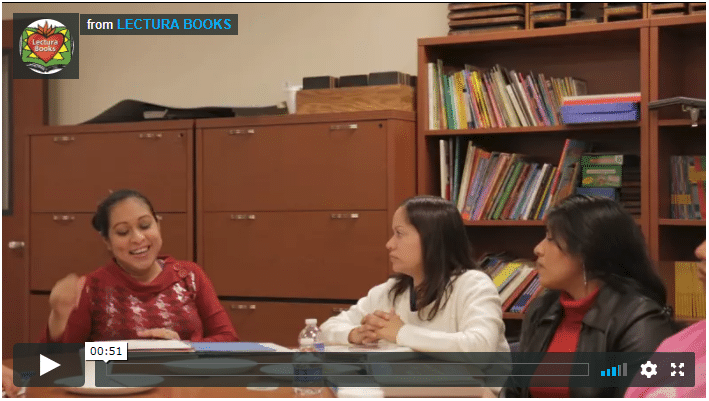Assisting Mainstream Teachers for Linguistically-Diverse Classrooms 
Educators who teach science, technical subjects, social studies, history and math, etc. but who are not trained in English as a Second Language (ESL) may not be sufficiently trained to address English learners’ (ELs) academic needs, says R&D Connections a publication series about assisting mainstream teachers for linguistically-diverse classrooms.
Many teachers teachers have expressed that they have had only few opportunities for professional development in teaching English learners, states R&D. In fact, though about forty percent of educators say they’re teaching EL students, less than eight percent have eight or more hours of EL-oriented pedagogical training, says the publication. This lack of training is felt most strongly by content teachers in classrooms with large numbers of English learners.
Many mainstream teachers feel the reason behind the lack of training is because English learners have traditionally been viewed as being the responsibility of ESL teachers, states R&D. However, with the increasing number of English learners over the years in mainstream classrooms, it has now become impossible to ignore the role that content teachers play in the process. It has now become clear that all teachers must be held responsible for the effective instruction of ELs.
The article “Effective Instruction for English Learners” from The Future of Children journal also piggybacks on this same idea when it says that schools must begin to improve the skills of all educators through comprehensive professional development. It recognizes, though, the ambitious undertaking and appropriate funding that this will require. Some of the areas that need addressing, according to the authors, are comprehensive reform models and their individual components such as language and literacy instruction; cooperative learning; professional development; parent and family support teams; tutoring; monitoring implementation and outcomes; integration of language, literacy, and content instruction in secondary schools; and school structures and leadership.
Home environments and native languages need to also be taken into consideration as valuable resources, says the Policy Research Brief produced by the National Council of Teachers of English. In other words, it’s important that English learners’ family cultures and native languages been seen as high-value versus areas that need to be overcome or cast aside.
In assisting mainstream teachers for linguistically-diverse classrooms, The Latino Family Literacy Project, a White House BRIGHT SPOT for educational excellence with Hispanic, offers staff development and training workshops for parent and family engagement with English learners. The way that it works is that teachers are first trained via an online webinar. After which, they then provide a series of workshops at the school site to help parents to establish a family reading routine, and focuses on reading comprehension, language development, and ESL. For more information, please visit The Latino Family Literacy Project.
The Latino Family Literacy Project is a program of Lectura Books, a national educational publisher specializing in parent involvement and English Learners.

